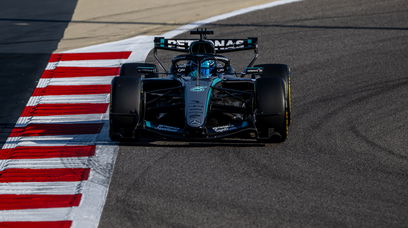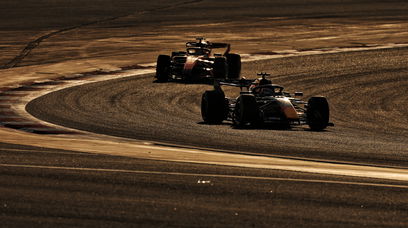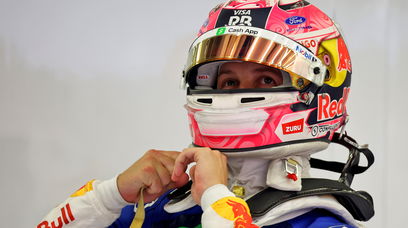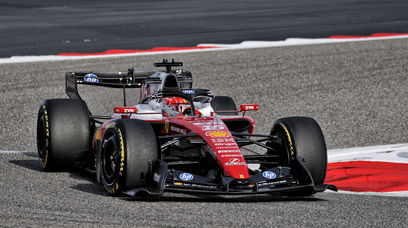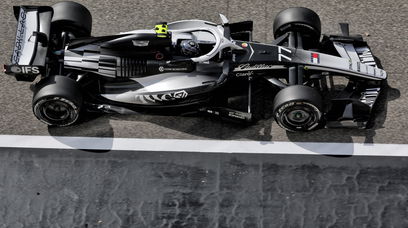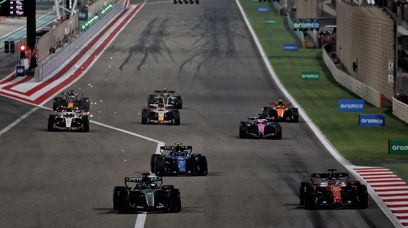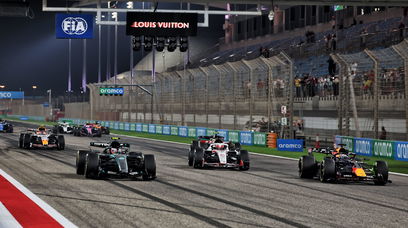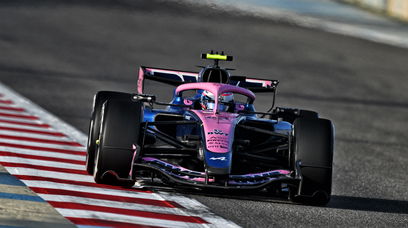FIA Single Seater Director Nikolas Tombazis wants to avoid "huge controversies" with the next set of Formula 1 power unit regulations. The next set of regulations for the power units will be introduced in 2026, which will see increased focus on the electrical output. There will still be a major focus on the Internal Combustion Engine element, but not as much as it has been with the current regulations. All the manufacturers are currently level with each other in terms of performance apart from Alpine, who are faced with a deficit of around 20bhp to 30bhp due to lack of development on their power unit. Tombazis believes this will not be a factor when the new regulations come into effect for the six suppliers that have signed up, including Red Bull-Ford and Audi. "For the first time in 2026, there will be cost cap for the PU manufacturers," Tombazis told media, including RacingNews365 . "So if you mess up the season and start in a very bad shape, in the old days if you had the money you would spend the money, but that's something that cannot be done so easily nowadays. "Therefore, we need to try to be reasonably alert when writing the regulations to make sure they don't open up a wildly different scope for all PU manufacturers. "We don't want to start a season with a huge controversy about something. I think we've got it reasonably right last time, there were some small controversies, but not massive. We've learned a bit more and I think we can make sure we avoid that completely next time."
Regulations designed to prevent huge step in performance
Mercedes started off the current regulation cycle with a huge performance gap to Ferrari, Renault and Honda. The team was unmatched throughout the 2014 through to the 2017 seasons, as others struggled to match the outright performance of their power units. Alongside being lucrative for OEMs, the 2026 regulations have been designed to prevent any large performance deficits. "We believe that the regulations are sufficiently well defined to avoid such a huge step and we believe the gaps won't be that big," explained Tombazis. "We can't guarantee that amongst six PU manufacturers there won't be somebody who gets it wrong and make some fundamental mistakes. "There are some provisions in the stability regulations if somebody is way behind to have an opportunity to do more work to catch up. "That's always a bit of a risk with new regulations, but we think we've learned a bit in how to put in the right level of definition to avoid completely wild solutions."
Most read

